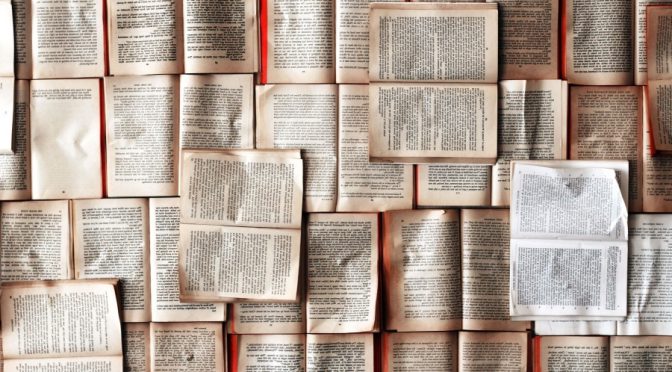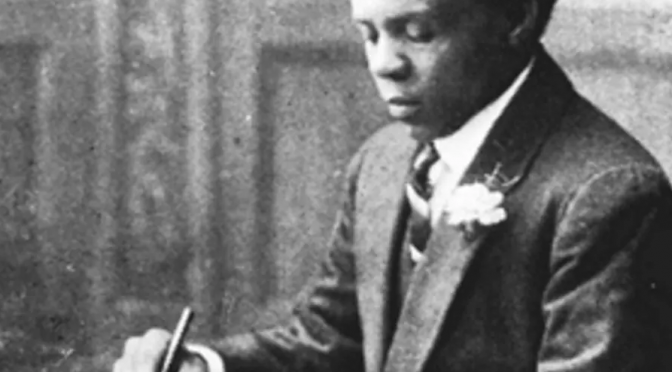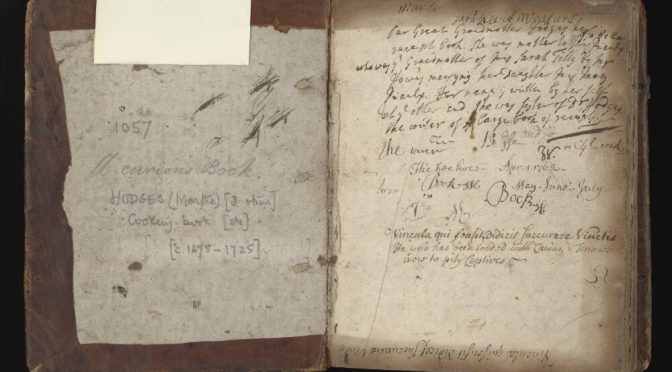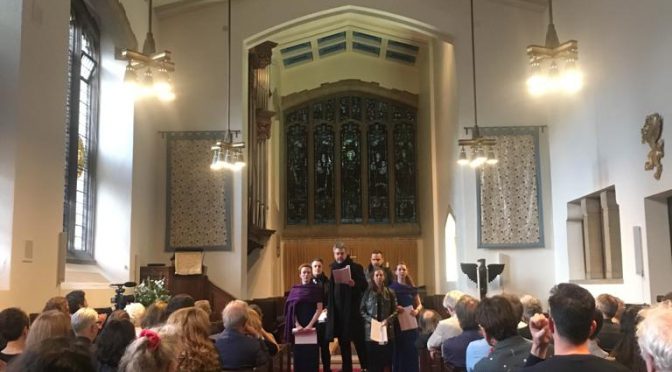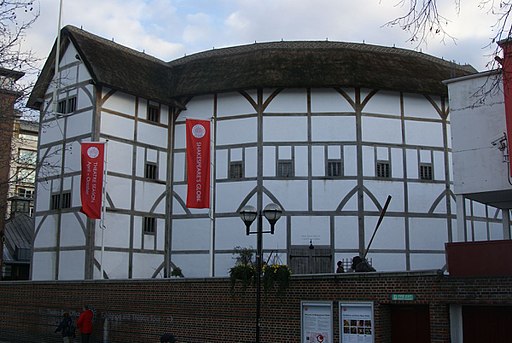by Hailey Bachrach and Dr Romola Nuttall, King’s College London
An Apology for Actors: Early Modern Playing Then and Now, King’s College London, Friday 10 May 2019
Research in Action: Engendering the Stage, Shakespeare’s Globe, Monday 13 May 2019.
“Engendering the Stage in the Age of Shakespeare and Beyond” brings together scholars, actors and theatre practitioners to analyse the performance of gender in early modern drama and investigate the effects of women’s performance on the skills, techniques and technologies of the performance of femininity in the drama of Shakespeare and his English and European contemporaries. In May, the project held two events in London at King’s and Shakespeare’s Globe.
The workshop at King’s considered children’s companies and female performers at court as well as professional, more typical, “actors”. The Research in Action event at Shakespeare’s Globe used scenes which include gendered expressions of rage for public performance and audience discussion.
Continue reading Engendering the Stage in London →

